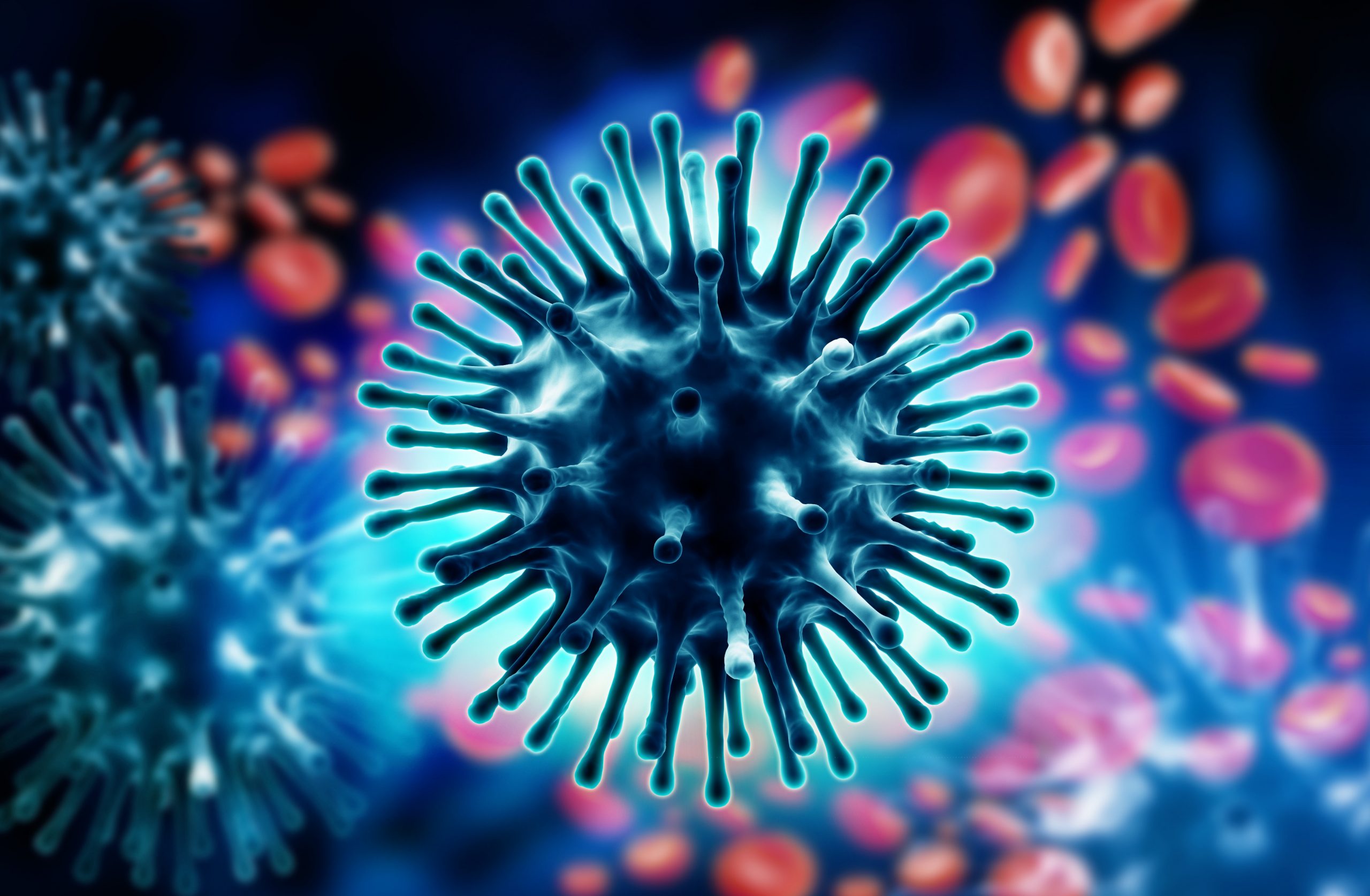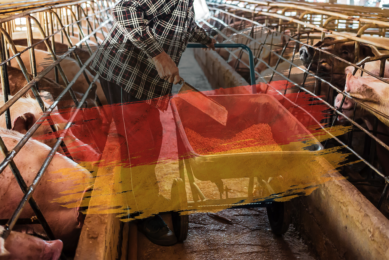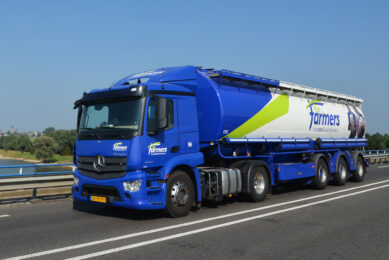Feed additives effects against viral diseases

The impact of viral diseases is huge in all species and it will cause direct economic losses. This topic was further discussed for different animal species at the FRAmelco seminar, prior to the recently held VIV Asia.
3 external speakers were invited, respectively specialised in swine (Dr John Carr), calf (Dr Tanveer Ahmad) and poultry (Dr Maarten de Gussem) to discuss the viral challenges in each species.
Vital infections can cause high costs, due to high morbidity and mortality and indirect losses due to immunosuppression and restrictions on export. If available, vaccination can be a good tool to protect the animals from viral challenges, but with wrong farm management vaccination might not work as efficiently as expected.
Know which pathogen you are dealing with
Dr John Carr, veterinarian and specialist in pig production and medicine, emphasises that you have to know your enemy in order fight them in a proper and cost effective way. Therefore it is important to perform immunohistochemistry so you know which viral pathogen you are facing. Based on this diagnose you can start your control and treatment programme. This programme is not only about vaccination and medication. Biosecurity has a key role to play and also environmental conditions and alternative solutions to fight against viral diseases are important. Actually this applies to all species.
First 2 weeks of calves are critical
Dr Tanveer Ahmad, chairman of clinical science of the Faculty of veterinary science at the Bahauddin Zakariya University in Pakistan, discussed the main viral challenges in calves. In the first 2 weeks of the newborn calf most of the infections will occur. Therefore it is very important to take extra care during this period. The 2 main challenges in calves are respiratory and gastrointestinal infections caused by viruses. Dr Ahmad also pointed out that vaccination against the causative virus might work, however other measures like biosecurity are of utmost importance.
Promote good gut health
Dr Maarten de Gussem, veterinarian and founder of the global poultry consultancy Vetworks, started his interesting talk with a brief introduction on virology and continued to discuss the 3 economically most important poultry viral diseases (Avian Influenza, Newcastle Disease and Infectious Bronchitis). Furthermore, he pointed out that he is very interested in the potential of alpha-monolaurin to work against fat enveloped viruses. Nevertheless, it is very important to stimulate a good gut health in the first 2-3 weeks of the broilers’ life to prepare for the last weeks before slaughter. This can be explained by the fact that 50-70% of the immune cells are located in the gut and thus promotion of gut health will help to fight viruses.
Effect of alpha-monolaurin
The antiviral properties of alpha-monolaurin are confirmed in literature (see image above). FRAmelco, producer of these alpha-monoglycerides and also farmers, feed- and premix producers have seen strong effects of alpha-monolaurin (FRA® C12) against viral diseases in swine, calves and poultry. FRAmelco has been investigating the exact mode of action, yet from previous research it is clearly shown that alpha-monolaurin is transported to the intestinal lymphatic system.











